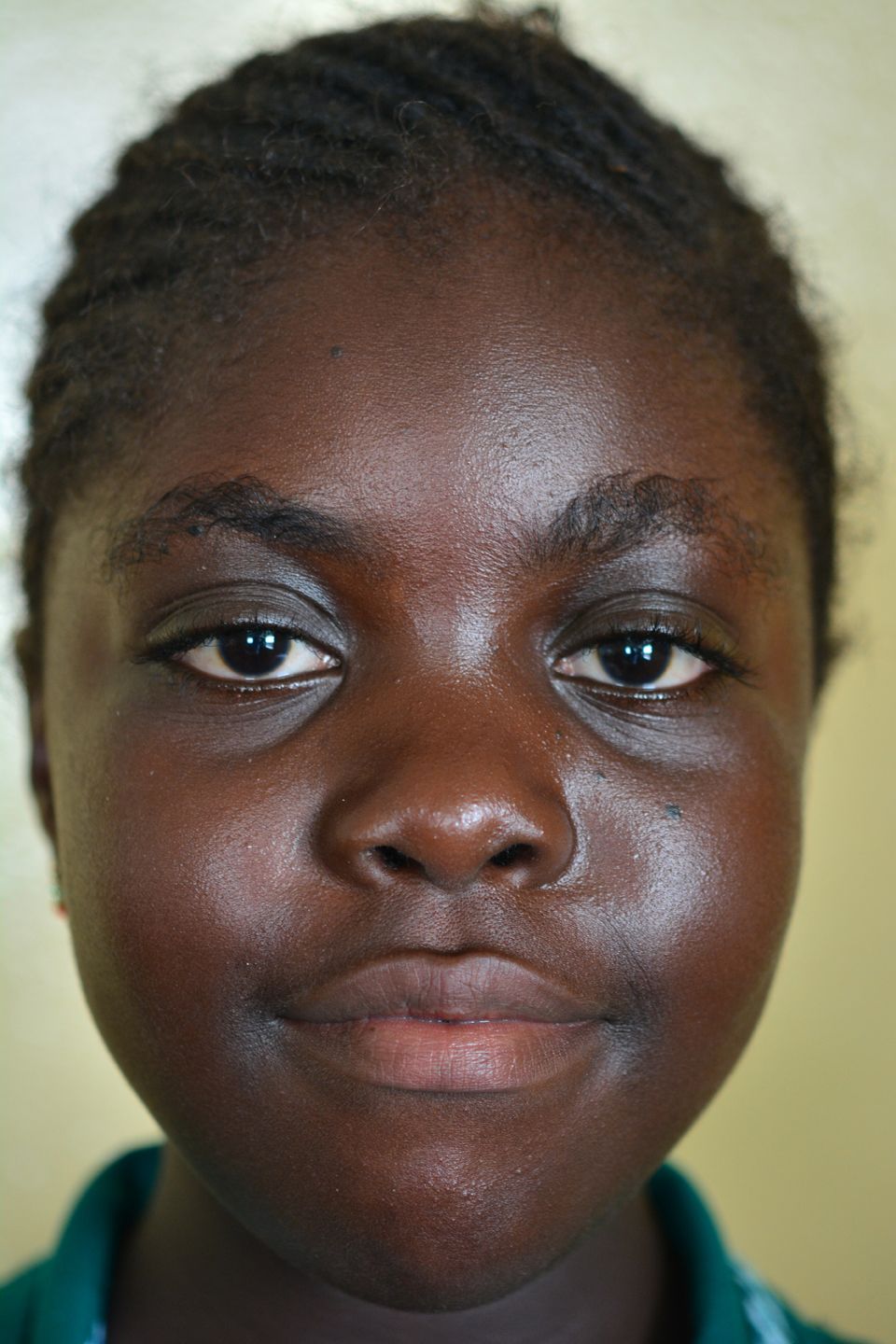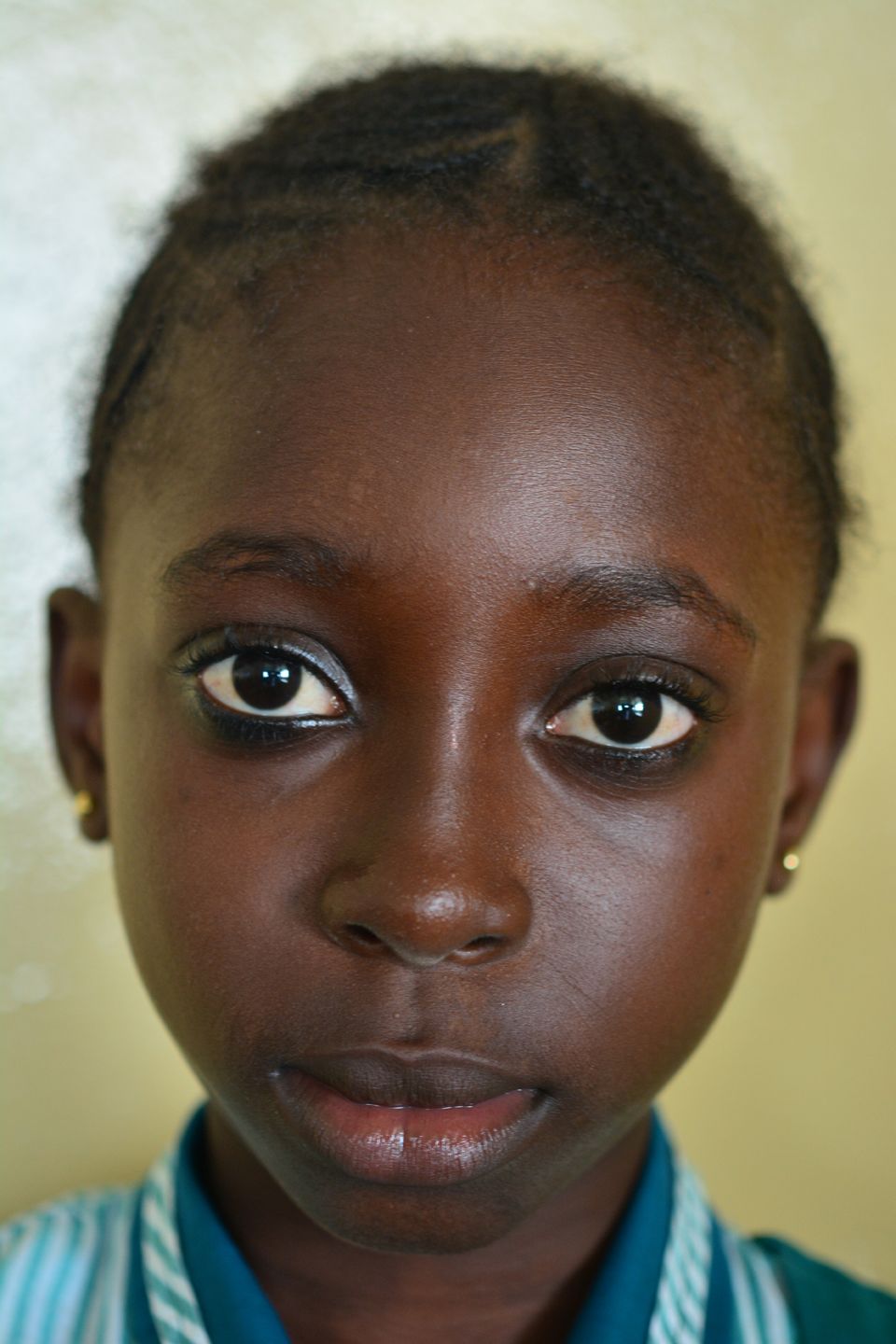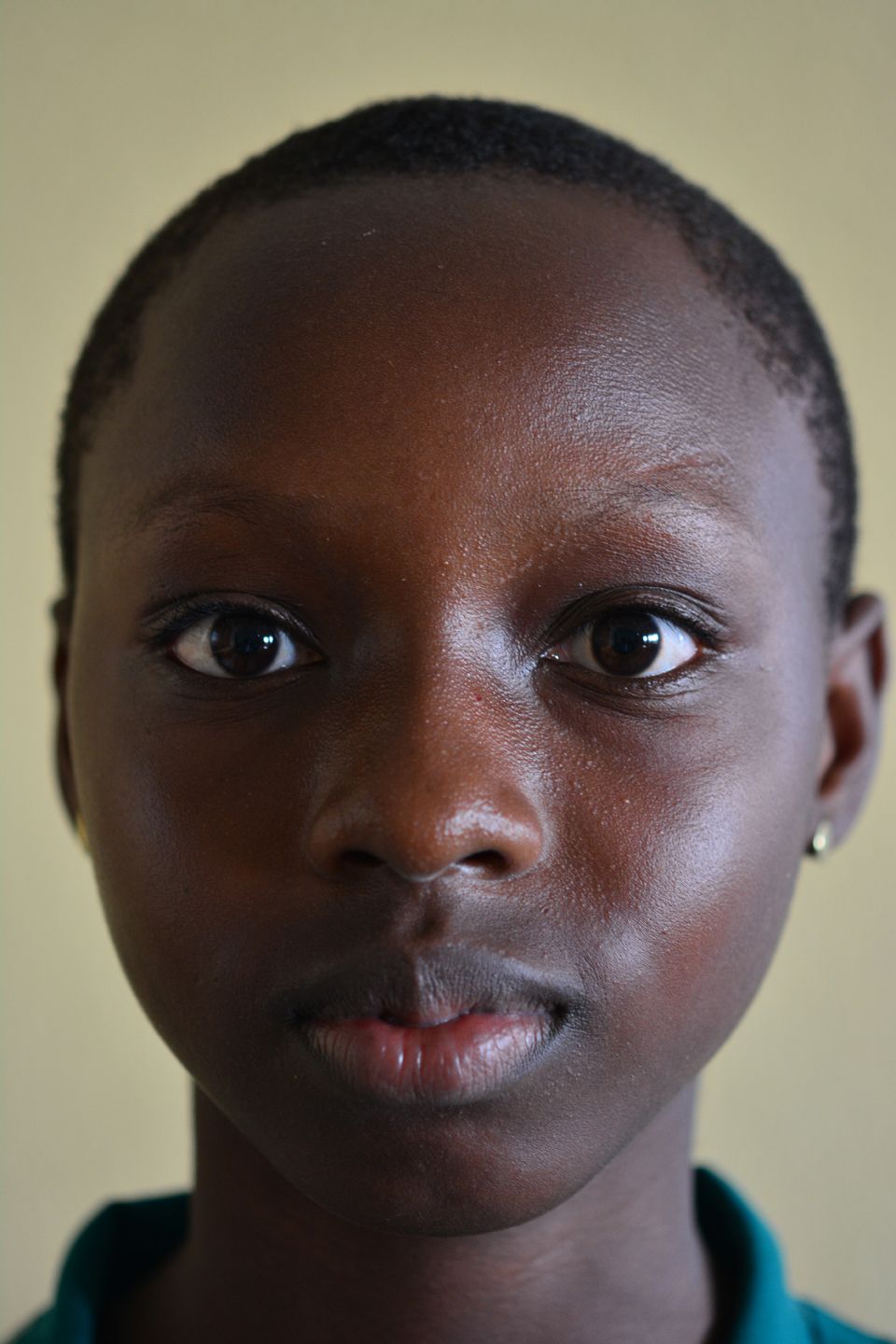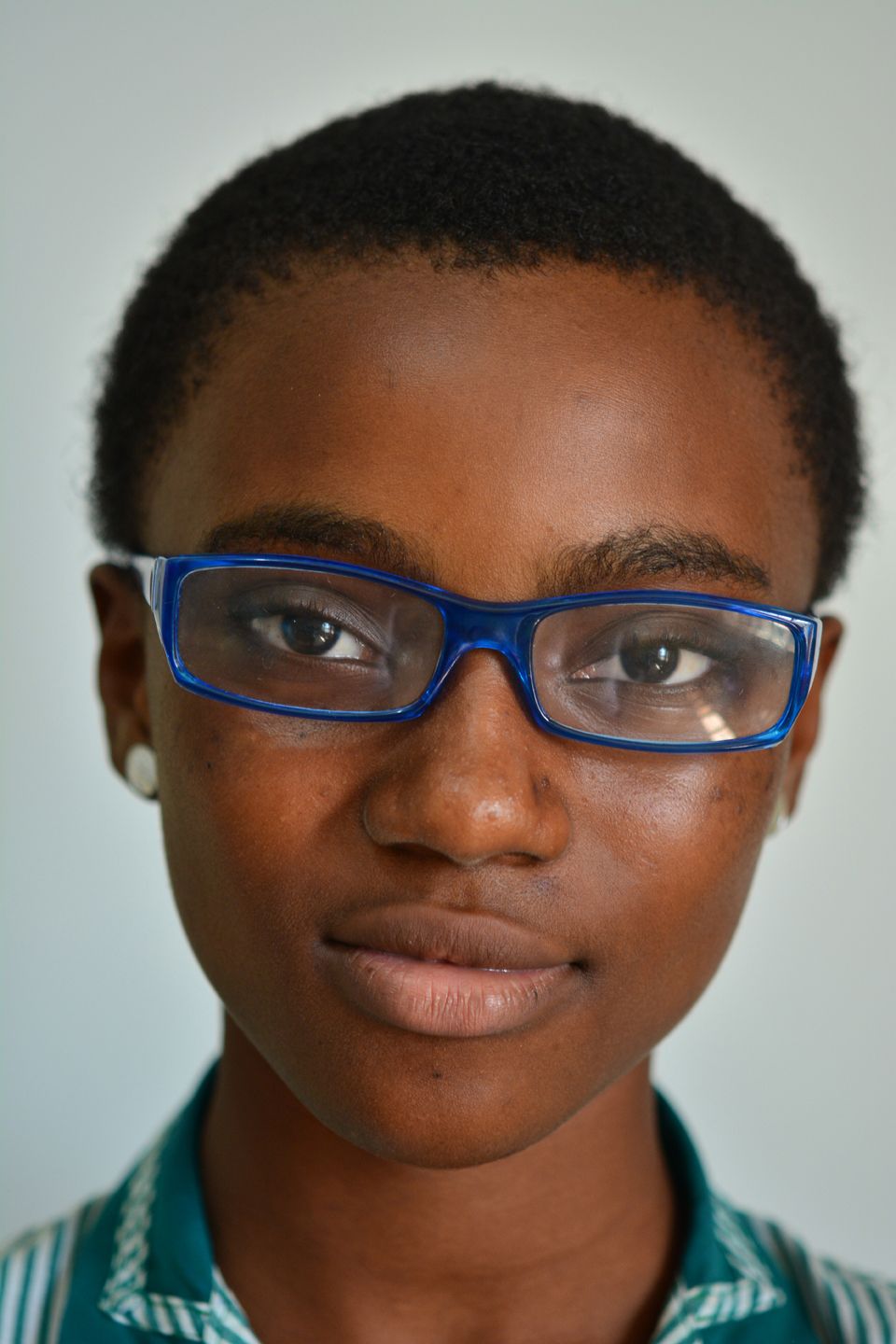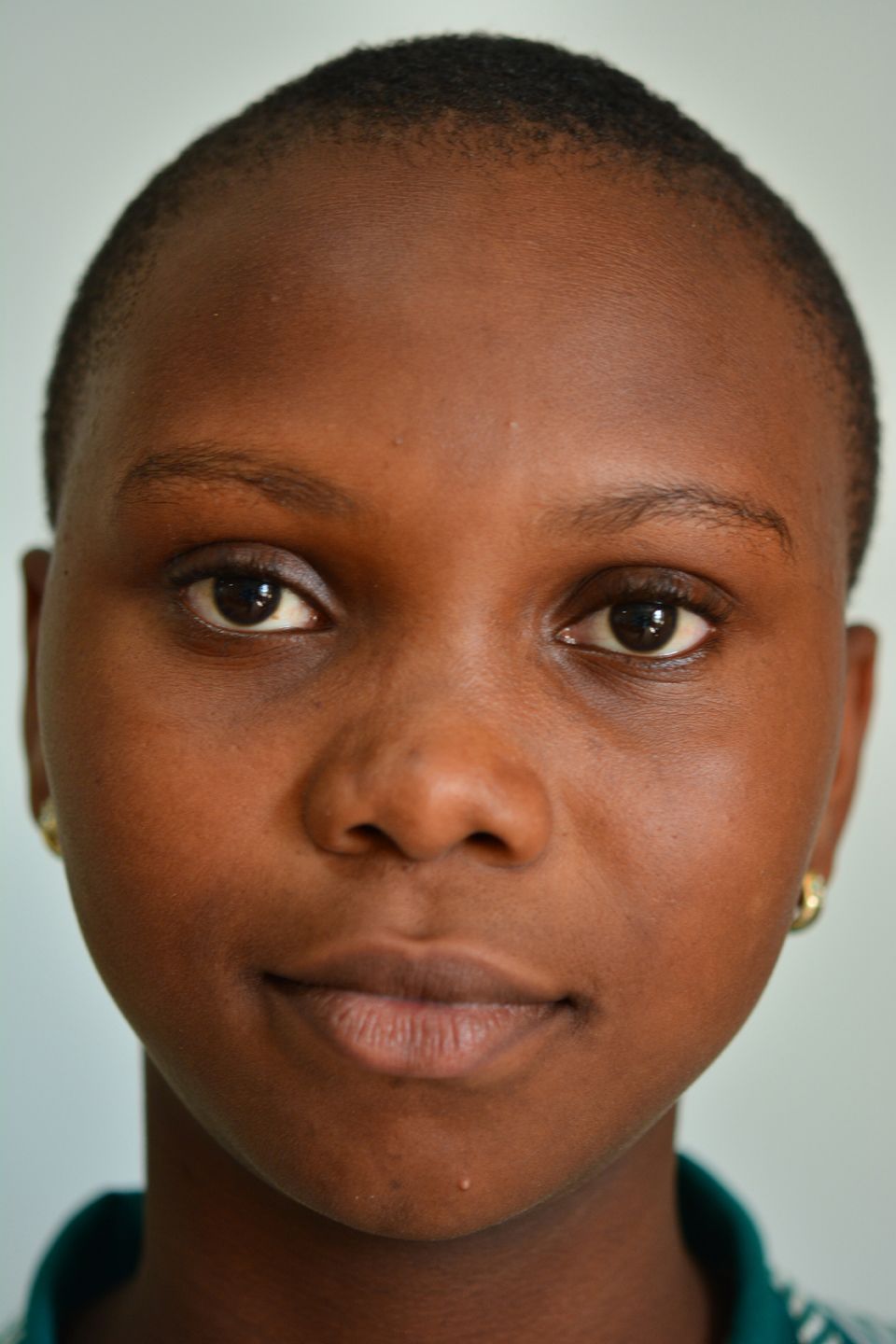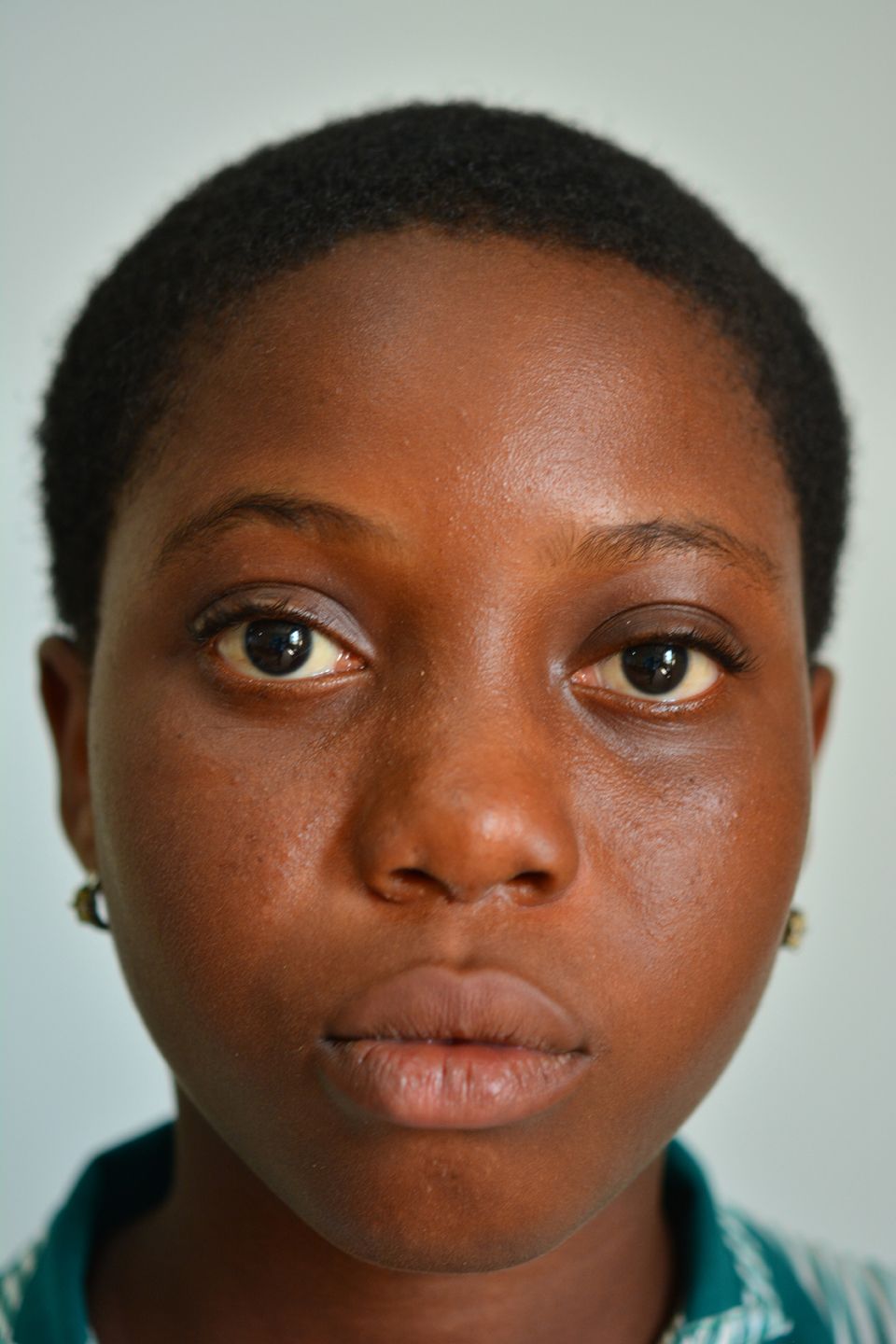September 02, 2014 | Pulitzer Center
By
Jessica Edmond
These portraits were chosen to illustrate the diverse beauty of young Ghanaian girls. The girls were asked, “Do you think you are beautiful?” A few were confident, and several seemed confused or unsure. Their responses show a range of opinion on the subject of skin bleaching, a practice that has been passed down by older generations. It is embraced by some, rejected by others.
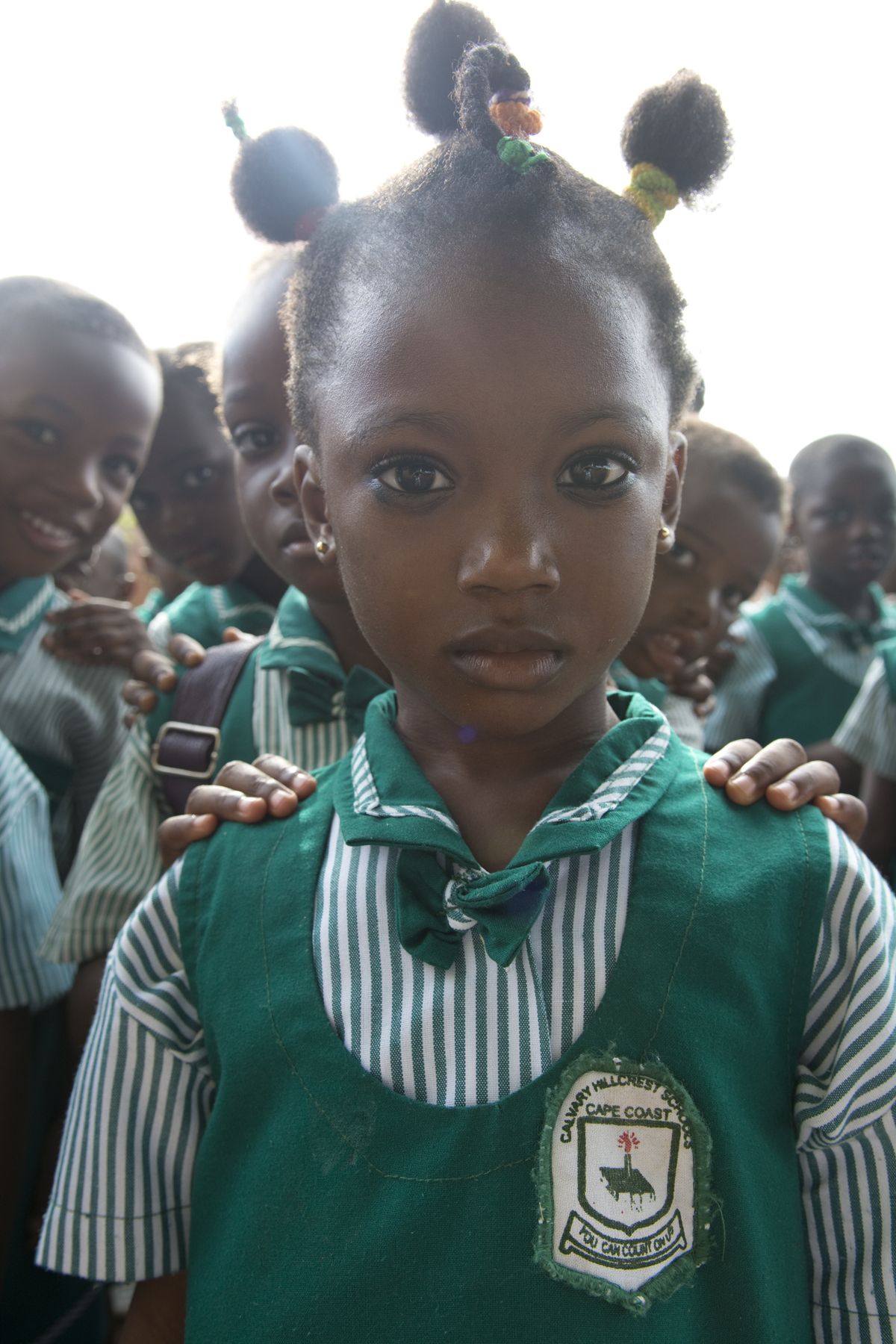
![Eleven-year-old Elizabeth used the skin bleaching cream, Biotone, that she received as a gift from her uncle to help clear the acne she developed on her skin. She was happy that her acne cleared. She noticed her skin seemed smoother and lighter and that made her feel pretty. Elizabeth believes “that if someone tells you something [negative], just tell the person that we each are created by God and I like the way he created me.” Image by Jessica Edmond. Ghana, 2014.](https://legacy.pulitzercenter.org/sites/default/files/styles/node_images_768x510/public/07-25-14/image_b.jpg?itok=7_44-s4u)
![Twenty-seven-year-old youth leader Mabel loves her job at Hillcrest school. She teaches her students to love God and themselves by developing self-esteem: “No matter what you look like on the outside, God judges our beauty [from] the inside.” Mabel believes she is beautiful—the way God made her. Image by Jessica Edmond. Ghana, 2014.](https://legacy.pulitzercenter.org/sites/default/files/styles/node_images_768x510/public/07-25-14/image_c.jpg?itok=-WzLIYw7)
